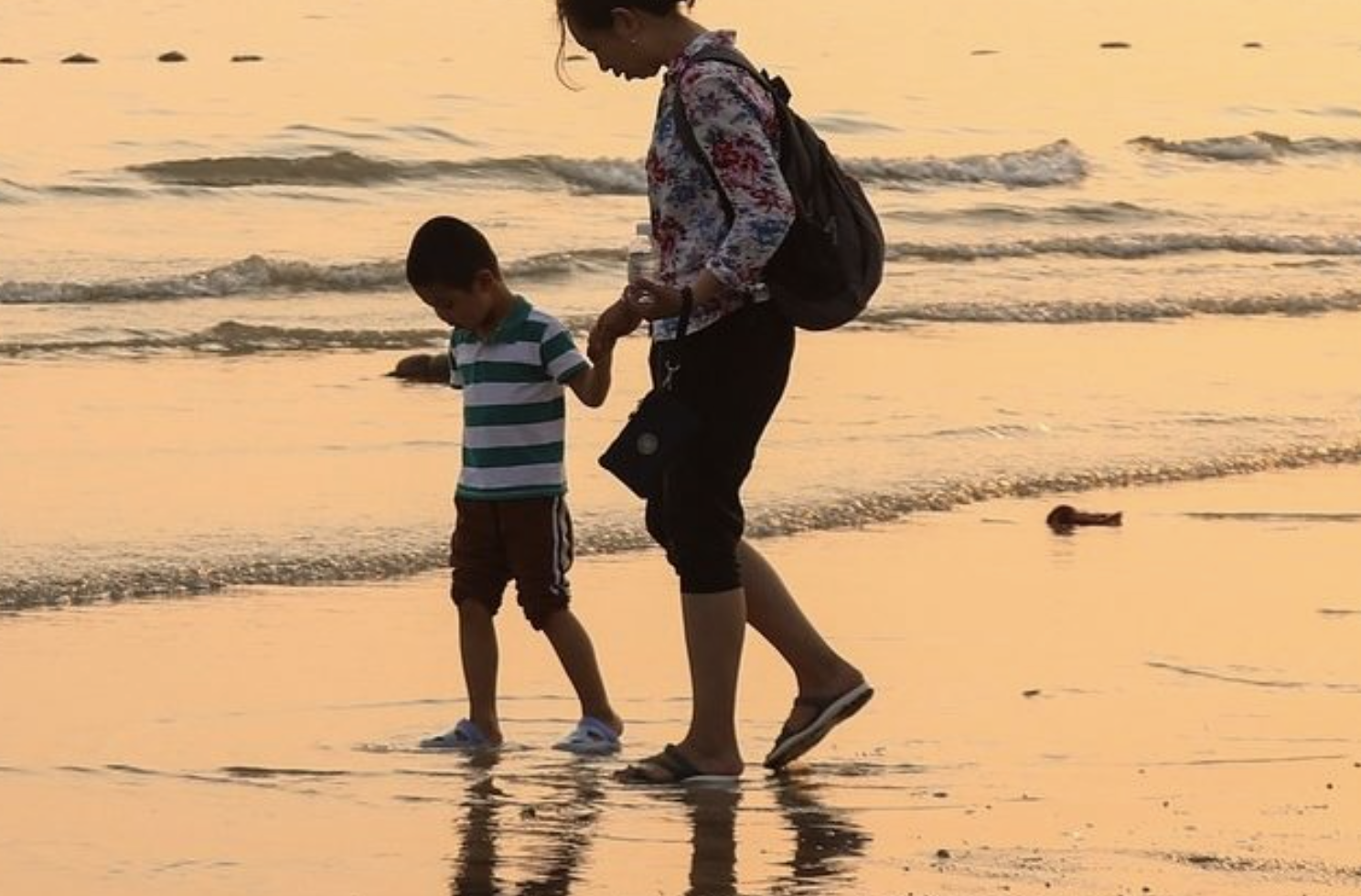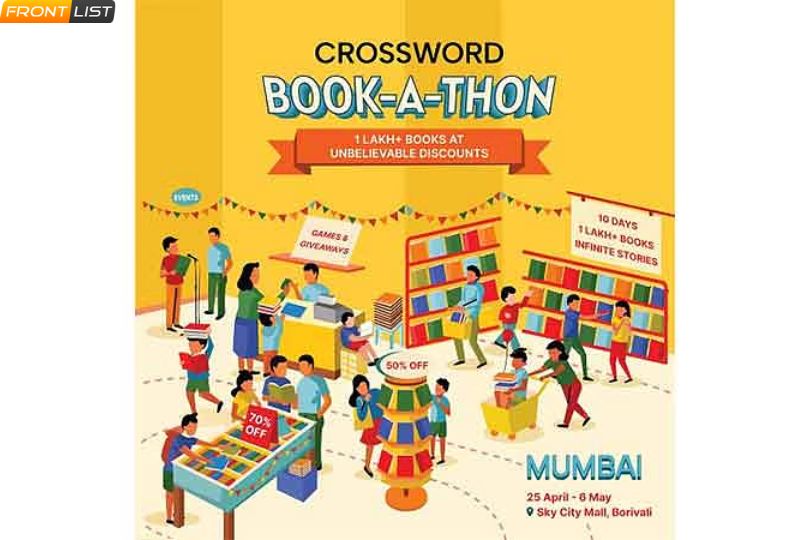'How To Raise a Feminist Son' Is a Poignant and Timely Book
'How To Raise a Feminist Son' Is a Poignant and Timely Bookon May 24, 2021


Sonora Jha How to Raise a Feminist Son: Motherhood, Masculinity, and the Making of My Family Penguin (April 2021)
Significantly, she gets to the root of the question that gets asked most often. Why should men be feminists? What’s in it for them? Aside from the oft-neglected fact that justice and freedom from oppression for half of humanity is an unquestionably important goal in itself, the book goes a step further to show how feminism is actually good for men and boys. She points out how men and boys, too, are at the receiving end of sexual violence and toxic masculinity: beaten on the playground, beaten and raped in locker rooms, raped in the military, beaten and raped in jails… “What have I missed?” she asks.
“In allying with women to free girls and women’s bodies, our boys not only become more human, they also get to stay alive in their own very human bodies.” “If boys and men are made comfortable about feeling human, about feeling ‘gentle’ as a human quality and not a feminine quality… then they will not feel the need to express and internalise toxic masculinity. They will not feel the need to resort to sexual violence.” A world that does not glamorise violence and aggression bodes well for both women and men. As I’d spent the past few months working with author Deepa Narayan on the ‘What’s A Man’ podcast, exploring how stereotypical notions of masculinity are equally detrimental to men, the presence of this book in my hand seemed serendipitous. There is a very poignant moment where Jha recounts the episode of her son learning to swim. The swimming instructor in Singapore practised a methodology that would be familiar to most Indians: simply throw the child into the pool. The sight of her child sputtering and shivering in terror drove home the truth: she had allowed the “assault of masculinity” – which only emphasises learning through brute force. This made her change her tack immediately, opting for a gentler, more gradual way of teaching, through which Gibran eventually swam by her side. The book is peppered with such moments of realisation and tenderness. Juxtaposed with these are narrations of her childhood marred with violence experienced at the hands of her father and brother. Quiet courage flows through the recounting of these wounds, and yet, what is remarkable is her ability to point out the ‘feminist parts’ of her parents – the parts of them, for instance, that pushed her ahead and encouraged her ambitions. It is an exercise in compassion to be able to see your family in shades of grey, despite, as in this case, the overwhelming assault of black. An essayist, novelist, researcher and professor of journalism at Seattle University, and former Indian journalist, Jha ropes in the media in all its forms to aid her in her task; discussing and dissecting with her son. One of the best chapters in the book speaks of that all-important concept for future – and even present— generations: media literacy. “While Gibran and I invited the media into our home like a family member, we also talked over its head and gossiped behind its back.” Mothers endeavouring to raise feminist sons – in which category I unequivocally place myself – will find this chapter pinpointing their exact concerns. From tackling the sexism embedded in games like ‘Grand Theft Auto’ to asking parents to ‘partake’ of the media together with children – making them aware rather than putting bans – this chapter is particularly relevant. But then, so is the chapter that delves into speaking to boys about sex. How it is essential that we “train men to read women the way women have been trained to read men”. She enunciates beautifully the goal of these mindful conversations: “To foster sexuality in a spirit of respect, perhaps romance, and a climate in which healthy relationships can be sustained.” Importantly, Jha talks of the crucial work of telling our MeToo stories to our sons. “Shift the blame from the abused to the abuser.” Each chapter ends with a checklist of simple things you can do. There is also a list of resources for both children and adults – books, films and TV programmes. Jha’s book is in fact an excellent resource for both parents and educators, or people who, in any capacity, have the responsibility of shaping future generations. The book is intersectional in its feminism, speaking of racism, casteism, communalism and homophobia. However, the one aspect that left me disappointed was the near-absence of Muslim women’s voices. While the ‘to-do’ section of the chapter on race and caste speaks of Muslims as well, the discussion on issues of religious minorities is insufficient, compared to race and caste. For a reader who identifies as a Muslim feminist, it would have been gratifying to find greater representation in a book that speaks to, and comforts, all women. One of the more endearing parts of Jha’s story is her acceptance of the ways in which she might have ‘slipped up.’ There is something deeply moving in that admission, in her confusion, in her hope that someday her son might learn to ‘associate’ and perhaps build a family. There is a tenderness in this confession — which is validating for the feminist reader who does not dismiss ‘association’. It is a validation of the need to love and have a family. It is a call to men to step up and be worthy of a woman’s love—instead of the oft-heard refrain of telling women to not seek love at all. Jha’s attempts at building a ‘feminist village’ are extremely relatable to every mother bothered by the impact of patriarchal families on their sons. Strong, kind single women friends make up most of Jha’s feminist village. I wondered, with some confusion, whether married women could be a part of a feminist village? Could married women be feminists? Would I fit into Jha’s village? These are questions that perhaps remain to be explored. Perhaps a younger generation of women, to which I belong, could have found or may find men that are allies, raised by mothers like Jha herself.It would be apt to end with an excellent distinction the book makes, of three types of men who claim to be feminists. The predatory, the performative, and the partner feminist. What we need in this world are men of the last category. ‘He will kick the pedestal out from under himself and say, “No thanks.”’ Indeed.



.jpg)






.jpg)

.jpg)
.jpg)
.jpg)

.jpg)
.jpg)










Sorry! No comment found for this post.